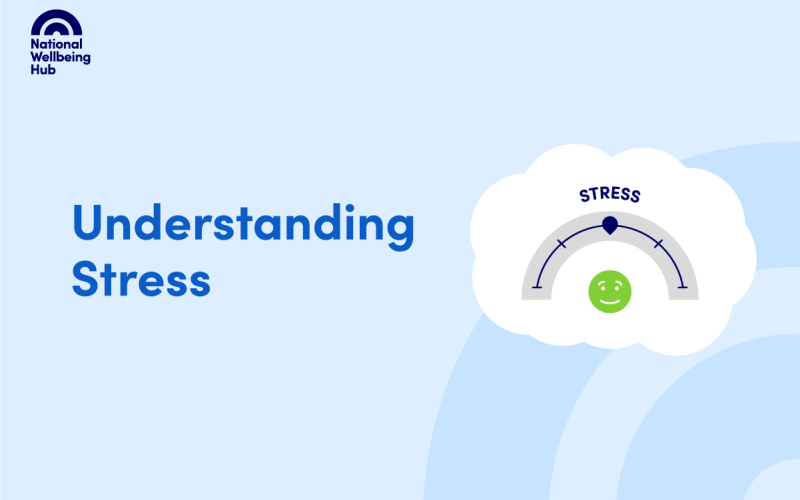Helping staff cope with stress

When it comes to helping staff manage their stress its worth remembering that managing stress is a balancing act; it’s about balancing the demands placed on an individual with the resources that they have available to cope with them. When the demands become too great or resources too scant, stress can become unmanageable.
While each staff member’s experience with stress will be different, there are a few common areas which effect stress levels and tip the scales away from manageability. Firstly, there is their job role itself and the demands which come with it. A lot of roles across the health and care sectors can be reactive in nature, with different challenges to be overcome each shift. Often staff can be stepping into the unknown, to a degree, at the beginning of each shift, never knowing exactly what the day is going to have in store, or what is going to be needed from them. For an overview of work-related stress and how to manage it, have a look at these resources from the Health and Safety Executive (HSE).
Training can be key in helping staff manage both the regular and the ad-hoc challenges faced at work. The more competent we feel, the more confident we are in our ability to cope. Try to ensure that staff are up to date with their mandatory training, as well as working with them to identify areas where they feel they could do with a bit more. For additional training opportunities, it might be beneficial to search the Turas platform from NHS Education for Scotland (NES). This is freely available to anyone, you just need to set up an account to use.
Tied in with the demands of the job is the support experienced in doing it – support from colleagues and peers, and support from managers. Close-knit, supportive relationships with co-workers and managers can protect against the stress experienced in the face of a demanding workload. And on the flip side, strained relationships or a lack of support from those around you can exacerbate any difficulties being faced.
Developing strong peer support networks or initiatives are a great way of fostering supportive relationships within your team. We have a page of resources to help you get started with peer support, which you can find here. And remember, as a manager, it’s important for you to model the type of dynamic you’d like within your team; making sure that you are available for staff will be key to developing a healthy dynamic.
While there are common experiences which most will find stressful, there are also stressors which are more specific to some people than others. It’s important that you find the time to talk to your team members, to get to know them and get to know which aspects of their role might be more or less challenging for them. The most effective teams are comprised of players whose abilities complement one another; no one needs to excel at everything. Checking in with staff to review workloads, duties and responsibilities in regular line management meetings or supervision sessions will help you to monitor your team’s stress levels.
Everyone reacts to stress differently – some will become more animated, possibly snapping at those around them, others will become quieter, retreating into themselves. Some signs of stress are easy to spot – we’re all familiar with the frantic anxious energy that can often accompany a stressful day. But there can be less obvious signs that someone may be having difficulties with stress, such as changes to their eating habits, experiencing headaches or bodily aches and pains, or losing motivation for work. For a more comprehensive list of signs and symptoms of stress, have a look at this factsheet from the Chartered Institute of Professional Development.
Getting to know your staff and getting to know any tell-tale early warning signs that they might be struggling allows you to intervene early. Stress doesn’t have to lead to burnout and identifying the signs of stress early can prevent burnout occurring. Try to find the time to check in regularly with staff to see how they’re getting on. If you’re unsure of how to broach the subject of stress, this Talking Toolkit from the HSE might help. There are some really useful resources you can signpost staff to as well, to help them manage their stress, such as this Steps to deal with stress booklet from NHS Inform, or our Managing Stress and Burnout tip sheet.
It’s important to remember that just because you’re a manager doesn’t mean you shouldn’t be putting yourself first. If you find yourself struggling with stress, have a look at our article on managing your own stress.

Welcome to the Hub. We hope you’ll find the support you’re looking for. To help us improve the site and make it relevant to you, please take a minute to answer a few quick questions. Thank you.
Give us feedback








